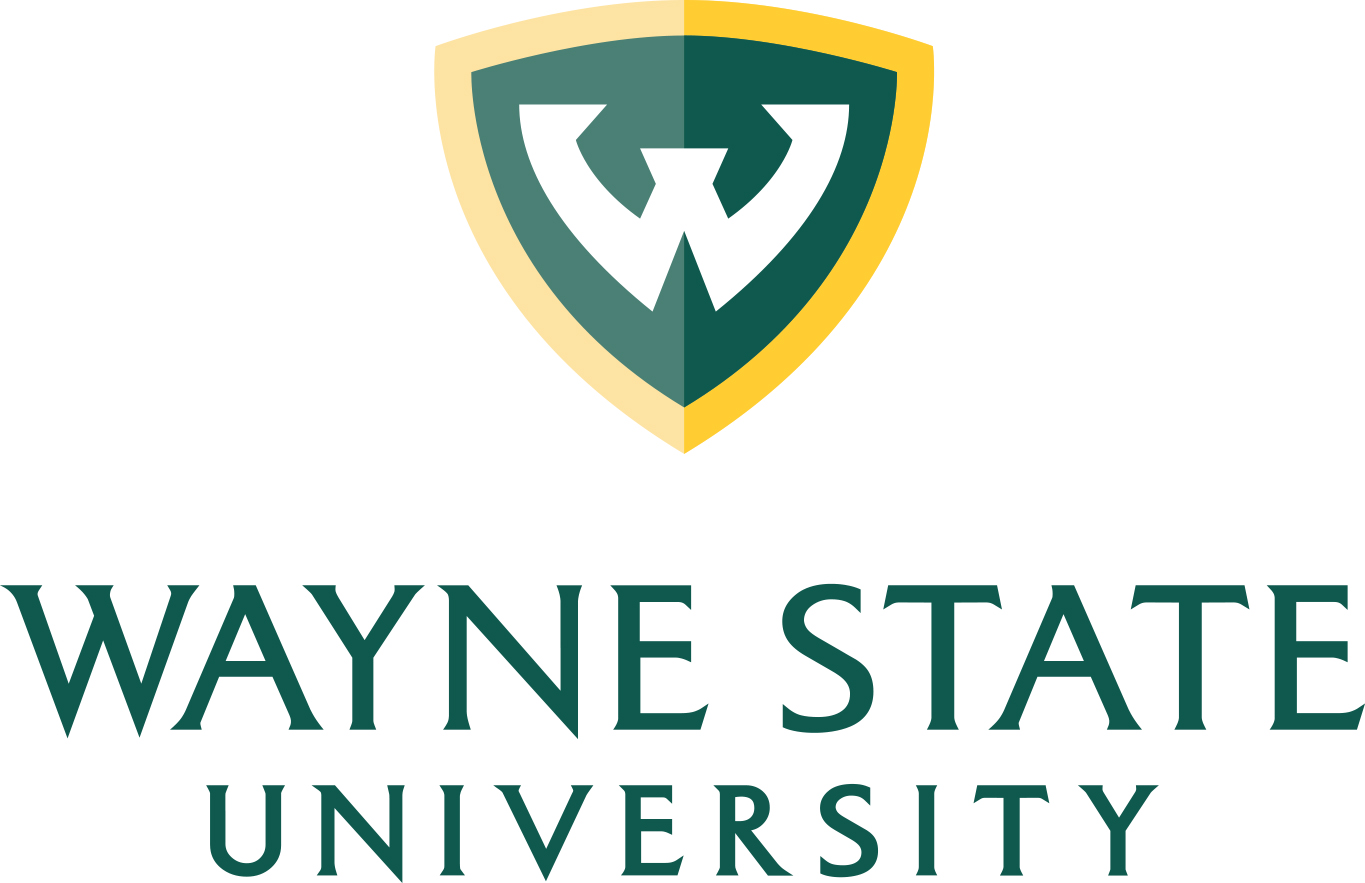Newswise — Chunying Li, Ph.D., assistant professor in the Wayne State University School of Medicine’s Department of Biochemistry and Molecular Biology, has secured his first R01 grant from the National Heart, Lung, and Blood Institute of the National Institutes of Health to study the role and mechanism of the chemokine receptor CXCR2 in regulating new blood vessel formation, the so-called angiogenesis.
The five year, $1.9 million grant (1R01HL128647) titled “Chemokine Signaling in EPC Angiogenesis: A Role of Lysine Methylation,” aims to provide valuable information and potential therapeutic targets for enhancing endothelial progenitor cells (EPCs)-based cell therapy for certain vascular diseases, as well as advance the field of chemokine receptor biology.
“Bone marrow-derived EPCs hold great promise in regenerative medicine for the treatment of chronic or currently incurable cardiovascular diseases,” said Li. “In settings of tissue ischemia or endothelial damage, EPCs are mobilized from the bone marrow into the circulation and home into sites of vascular injury, where they differentiate into mature endothelial cells and repair endothelial damage. Impaired EPC mobilization and homing influence vascular homeostasis and compensatory angiogenesis, and patients with reduced EPC levels are at increased risk for cardiovascular events and death.”
“Despite its clear therapeutic potential, the molecular mechanisms that control EPC mobilization, homing and differentiation into endothelial lineage still remain incompletely understood,” Dr. Li added. This lack of understanding in EPC biology represents a critical barrier in shifting the current paradigm of regenerative therapy from transplantation-based approach to endogenous activation of EPC repairing mechanisms. “Our project aims to define a yet-unexplored role and molecular mechanisms of lysine methylation of the chemokine receptor CXCR2 by a histone methyltransferase SMYD1 in modulating EPC migration and angiogenesis.”
“We are honored to have the importance of our work recognized with this NIH grant,” Li said. “I think it speaks to the potential high impact of this research project since the mechanistic characterization of the SMYD1-catalyzed CXCR2 lysine methylation are likely to provide valuable information for enhancing EPC-based cell therapy for certain vascular diseases, as well as to fundamentally advance the field of chemokine receptor biology. New therapeutic methods may evolve from this highly innovative study.”
The application for the R01 was based on previous research led by Li and supported by grants from the American Heart Association (#0765185B), Elsa U. Pardee Foundation, WSU – Cardiovascular Research Institute Isis Initiative Award and Bridge Funding program from the WSU Office of the Vice President for Research.
Wayne State collaborating investigators on the project include Zhe Yang, Ph.D., associate professor of Biochemistry and Molecular Biology; Gen Sheng Wu, Ph.D., professor of Oncology and Pathology; Xuequn Chen, Ph.D., and Fei Sun, M.D., Ph.D., assistant professors of Physiology. Ali Arbab, M.D., Ph.D., professor of Biochemistry and Molecular Biology for Georgia Regents University will also collaborate on the project.
###
Wayne State University is one of the nation’s pre-eminent public research universities in an urban setting. Through its multidisciplinary approach to research and education, and its ongoing collaboration with government, industry and other institutions, the university seeks to enhance economic growth and improve the quality of life in the city of Detroit, state of Michigan and throughout the world. For more information about research at Wayne State University, visit http://research.wayne.edu.
MEDIA CONTACT
Register for reporter access to contact detailsCITATIONS
National Heart, Lung, and Blood Institute of the National Institutes of Health, 1R01HL128647
